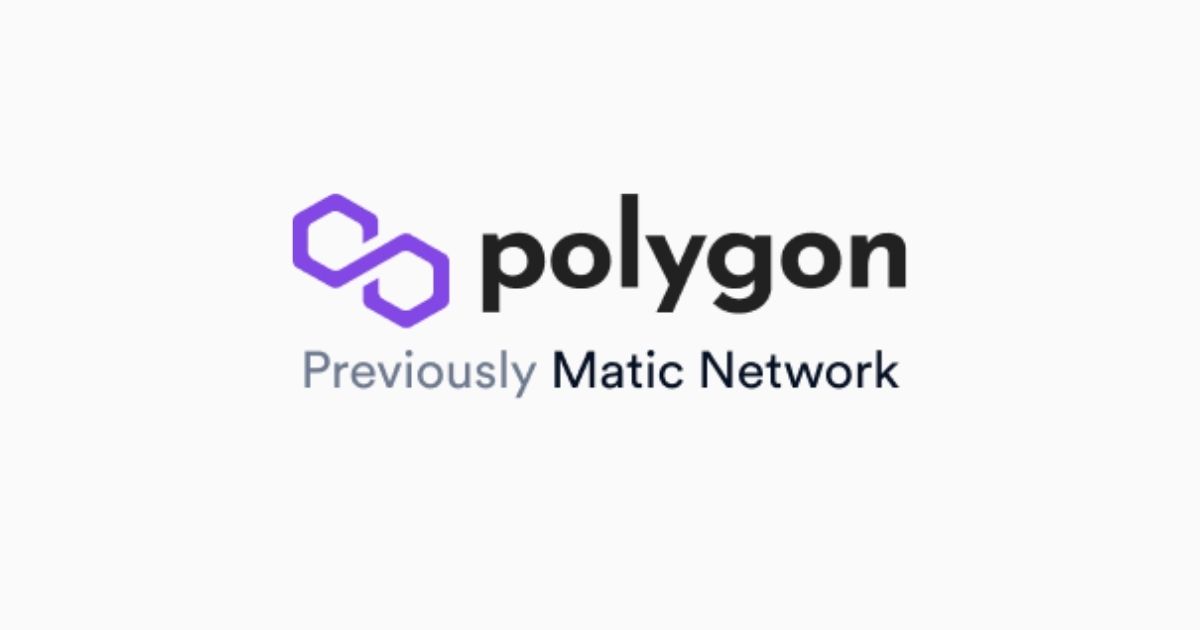Polygon (MATIC), an India-based cryptocurrency, has become a force to reckon with in the global blockchain ecosystem. As the 15th largest cryptocurrency globally, Polygon’s rise to prominence reflects its robust technological foundation and ability to address critical challenges faced by platforms like Ethereum. With strategic partnerships, a growing user base, and innovative applications in DeFi, NFTs, and DAOs, Polygon is setting the stage for a multi-chain blockchain revolution.
What is Polygon (MATIC)?
Polygon is a blockchain scalability platform often referred to as the “Ethereum internet of blockchains.” Designed to tackle Ethereum’s limitations, Polygon offers a solution to high transaction fees, poor user experience, and low throughput. Initially launched as the MATIC Network, the project rebranded as Polygon as its scope expanded to build a multi-chain ecosystem of Ethereum-compatible blockchains.
Key features of Polygon include:
- Low transaction fees: A significant improvement over Ethereum’s costlier operations.
- Improved user experience: Enhanced performance for decentralized applications (dApps).
- Scalability: Increased transactions per second, supporting a growing user base.
Polygon’s goal is to create distinct blockchains that can seamlessly exchange information and value, establishing a multi-chain Ethereum ecosystem.
Polygon’s Role in Crypto Growth
Scaling Government Blockchain Projects
Polygon has collaborated with government-based projects, notably in India, to manage Covid-19-related data. This partnership highlights its ability to scale real-world blockchain applications effectively.
Impact on DeFi and NFTs
Polygon is actively involved in some of the most exciting areas of blockchain:
- Decentralized Finance (DeFi): Offering scalable and secure solutions for financial applications.
- Non-Fungible Tokens (NFTs): Supporting creators with lower costs and faster transactions.
- Decentralized Autonomous Organizations (DAOs): Enabling governance models for communities and projects.
Who Built Polygon?
Polygon is the brainchild of four software engineers:
- Jayanti Kanani
- Sandeep Nailwal
- Anurag Arjun
- Miailo Bjelic
These visionaries founded Polygon to address Ethereum’s scalability and usability challenges. The team has ambitious plans to elevate Polygon to become the third-largest crypto project, trailing only Bitcoin and Ethereum.
Polygon’s Popularity in India
Adoption by Cryptocurrency Exchanges
In India, Polygon has gained significant traction. Platforms like CoinSwitch Kuber have listed Polygon due to high user demand, reflecting its growing popularity among Indian crypto enthusiasts.
Mass Appeal Among Users
Polygon’s low fees and high transaction speeds make it an attractive choice for users in India and beyond. This ease of use has driven adoption among developers and traders alike.
Challenges Polygon Addresses
Ethereum, despite its prominence, struggles with:
- High transaction fees: A barrier for everyday users and developers.
- Scalability issues: Limited throughput restricts its ability to handle large-scale applications.
- Complex user experience: Making dApps less accessible.
Polygon effectively addresses these issues, making blockchain technology more practical and accessible.
How Polygon Is Shaping the Future of Blockchain
Interoperability
Polygon facilitates interoperability, allowing multiple blockchains to interact seamlessly. This feature positions it as a key enabler in building a connected blockchain ecosystem.
Applications in Real-World Use Cases
From government data management to DeFi innovations, Polygon is proving its utility across various sectors.
Support for Developers
Polygon’s developer-friendly framework encourages the creation of dApps, fostering innovation and adoption.
Polygon’s Global Ranking
As one of the top 15 cryptocurrencies, Polygon’s market cap reflects its growing influence. Its technological advancements and expanding partnerships hint at even greater potential in the future.
FAQs
What is Polygon (MATIC)?
Polygon is a blockchain platform designed to address Ethereum’s challenges, offering low fees, scalability, and an improved user experience.
How does Polygon support Ethereum?
Polygon enhances Ethereum’s capabilities by creating a multi-chain ecosystem of Ethereum-compatible blockchains.
Who founded Polygon?
Polygon was founded by Jayanti Kanani, Sandeep Nailwal, Anurag Arjun, and Miailo Bjelic.
Why is Polygon popular in India?
Polygon’s low fees, high transaction speed, and usability have made it a hit among Indian users and crypto exchanges like CoinSwitch Kuber.
What industries use Polygon?
Polygon has applications in DeFi, NFTs, DAOs, and even government blockchain projects, such as scaling Covid-19 data management.
Is Polygon better than Ethereum?
Polygon complements Ethereum by solving scalability and fee-related challenges, but it does not replace Ethereum.
Conclusion
Polygon (MATIC) is a testament to the transformative potential of Indian innovation in the global blockchain space. Its ability to solve Ethereum’s challenges and its focus on creating a multi-chain ecosystem positions it as a game-changer in cryptocurrency. As Polygon continues to evolve, its applications in DeFi, NFTs, and beyond will likely redefine the future of blockchain technology.
To learn more about the innovative startups shaping the future of the crypto industry, explore our article on latest news, where we delve into the most promising ventures and their potential to disrupt traditional industries.
Disclaimer: The information provided is not trading advice, Bitcoinworld.co.in holds no liability for any investments made based on the information provided on this page. We strongly recommend independent research and/or consultation with a qualified professional before making any investment decisions.




